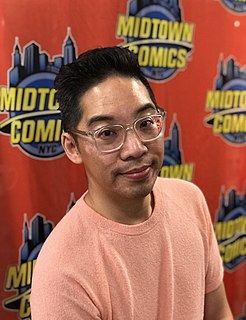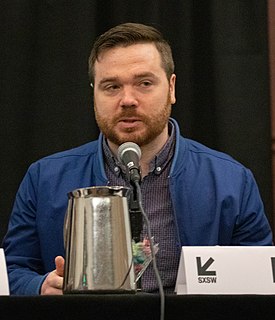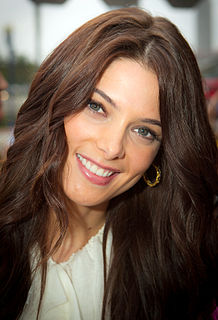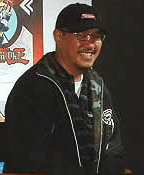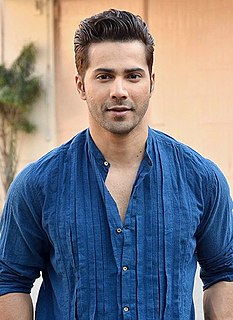A Quote by Mary J. Miller
Some of the things I liked in my years as a student in workshops: the occasional in-class prompt; discussions about what it means to be a writer in the world; professors who are brutally honest and encouraging at the same time (this is a tough one).
Related Quotes
I also liked it when professors assigned us stories that they love. In general, I liked workshops more when they were more than just a workshop, when the professor took the time to actually guide us as young writers and teach us things it took them a long time to figure out on their own. I could probably write ten pages on this question.
Some years ago our Japanese counterparts asked us to resume the discussions of the issue and so we did meeting them halfway. Over the passed couple of years the contacts were practically frozen on the initiative of the Japanese side, not ours. At the same time, presently our partners have expressed their eagerness to resume discussions on this issue [the Kuril Islands].
It's akin to style, what I'm talking about, but it isn't style alone. It is the writer's particular and unmistakable signature on everything he writes. It is his world and no other. This is one of the things that distinguishes one writer from another. Not talent. There's plenty of that around. But a writer who has some special way of looking at things and who gives artistic expression to that way of looking: that writer may be around for a time.
In some of the classes, especially the introductory religion courses I took, the professors can veer into a particular strain of religious anti-intellectualism. Professors typically aren't given tenure at Liberty, so there's pressure to hew to the party line on religious and social issues. I didn't see a whole lot of my professors encouraging critical thinking among their students. Which isn't to say that students don't engage critical thinking skills at Liberty - just that it wasn't part of my classroom experience there.
I liked working with Republicans. We had five pretty good years after we had that bad year in '95 that culminated in two government shutdowns. But then they really decided that they liked being in the majority for the first time in forty years, and they wanted to get some things done, and I agreed, to get things I wanted. It was all perfectly transparent. Everybody knew what they wanted and what I wanted.
The ideas of the ruling class are in every epoch the ruling ideas, i.e. the class which is the ruling material force of society, is at the same time its ruling intellectual force. The class which has the means of material production at its disposal, has control at the same time over the means of mental production, so that thereby, generally speaking, the ideas of those who lack the means of mental production are subject to it. The ruling ideas are nothing more than the ideal expression of the dominant material relationships, the dominant material relationships grasped as ideas.

